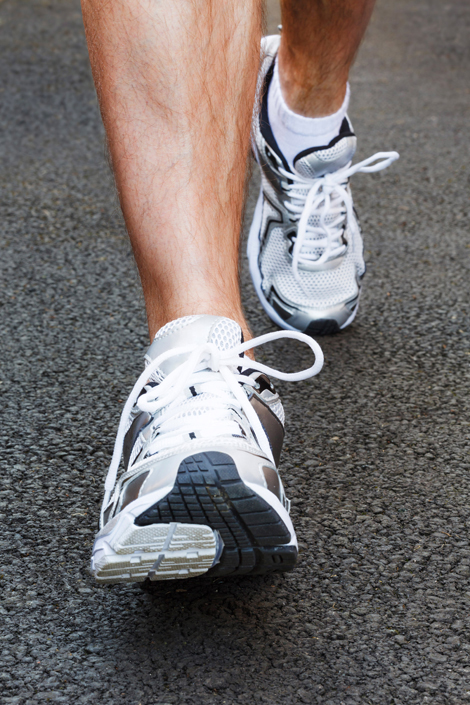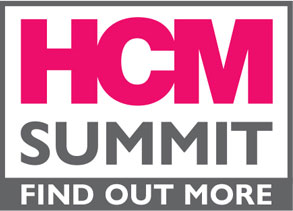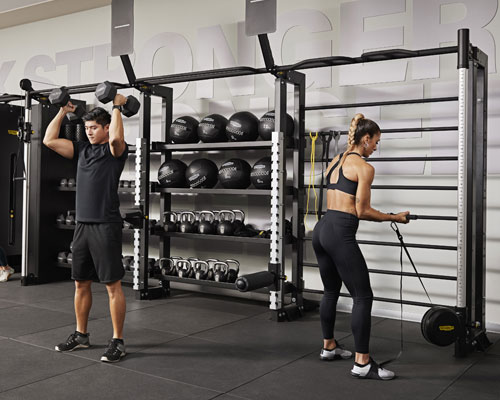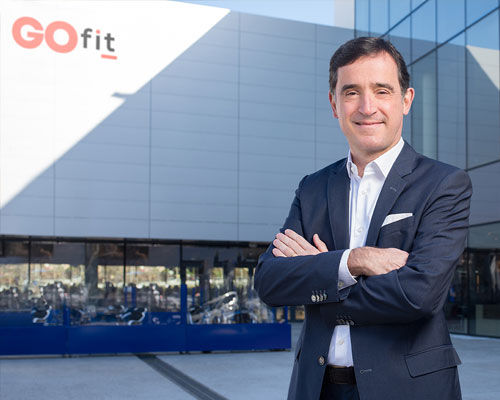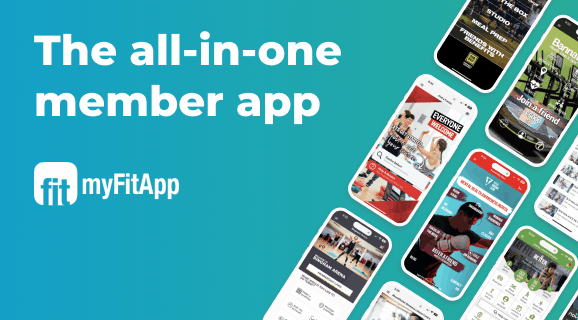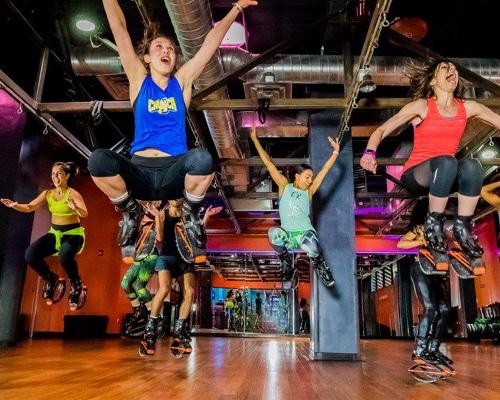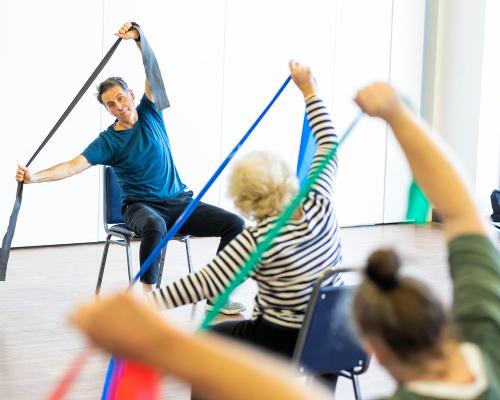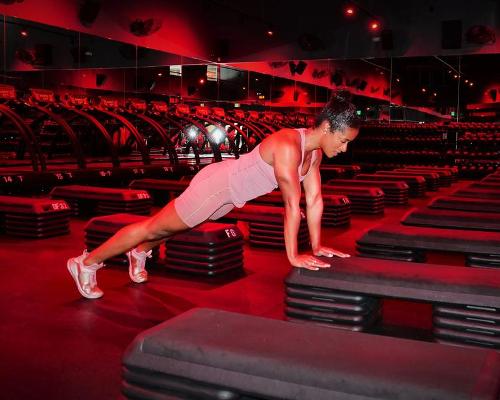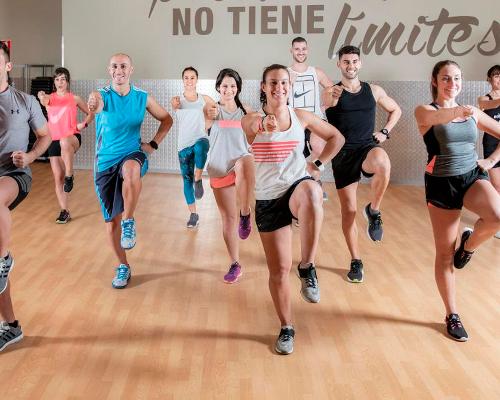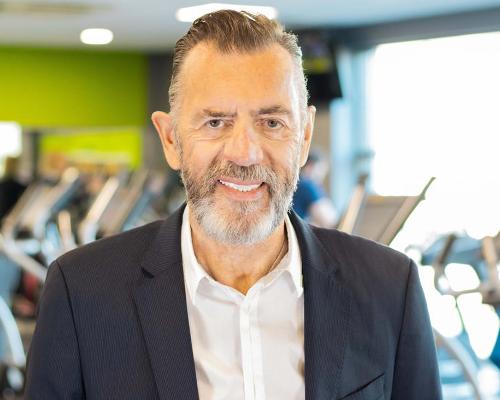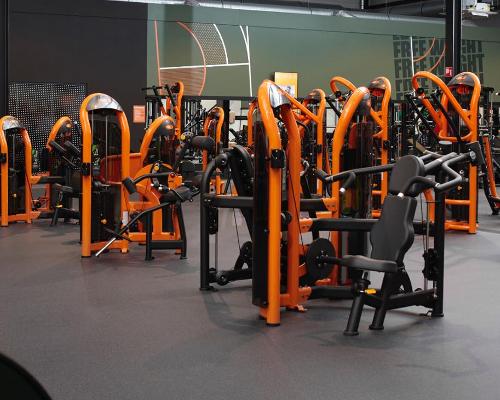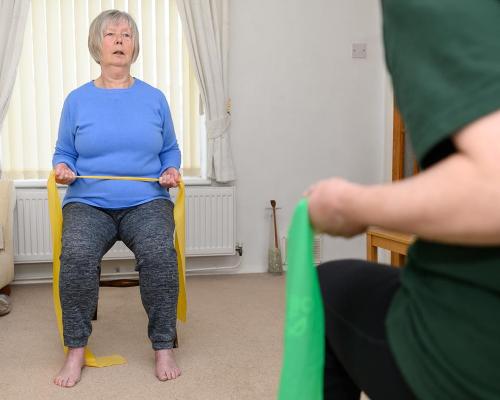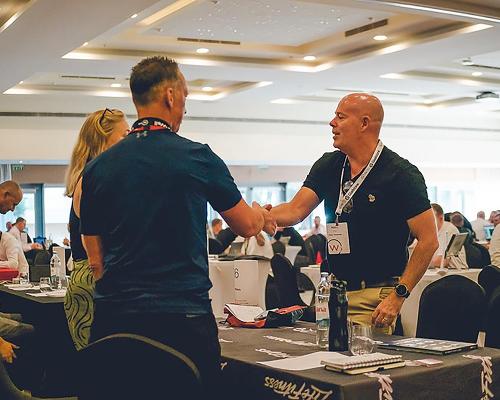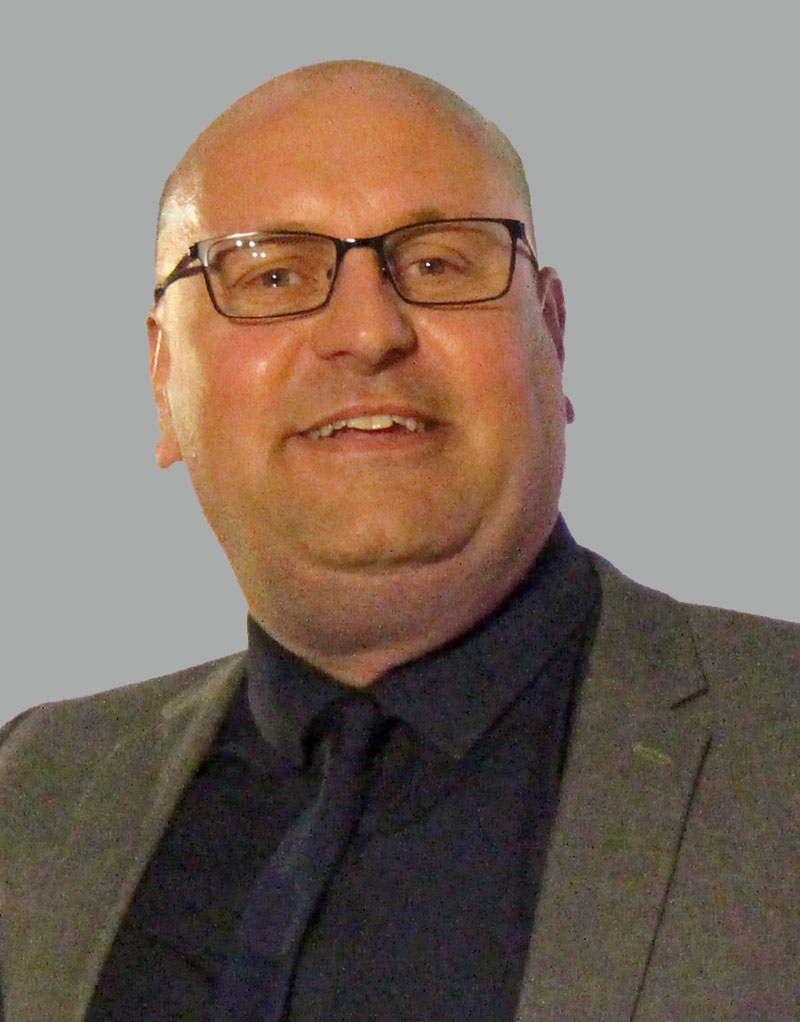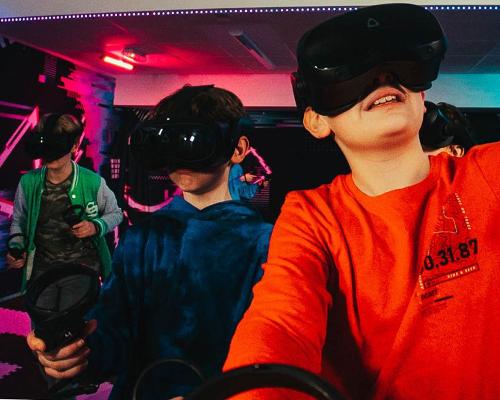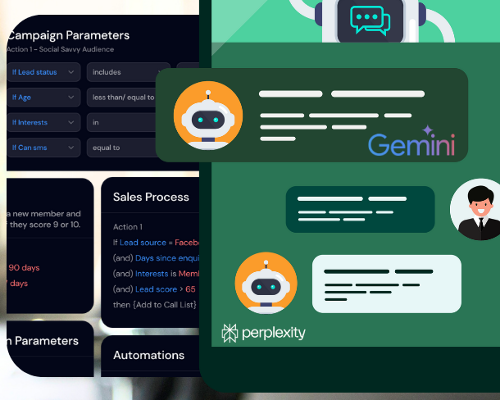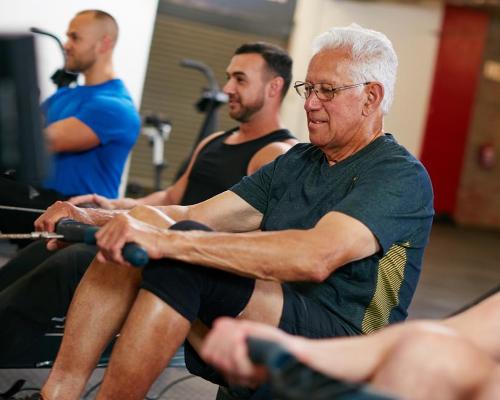features
Consumer research: Polarising nation
What are customers’ current attitudes towards health and fitness, and what are the implications for our industry? Mike Hill reports on the findings from this year’s Health and Fitness Omnibus Survey
The national Health and Fitness Omnibus Survey (HAFOS) – the annual barometer of UK consumers’ attitudes towards health, fitness and physical activity – is now in its 10th year. A street-based consumer survey, HAFOS uses a national sample of over 1,200 people, interviewed in five locations throughout England. To date, HAFOS has interviewed well over 15,000 people, making it the largest and longest running annual survey of its kind.
This year’s HAFOS provided some interesting information regarding participation in the aftermath of the London Olympics, as well as insight into consumers’ ongoing reluctance to exercise in spite of understanding the value of physical activity for good health.
Exercise is healthy? That’s a given
After a decade of campaigns at every level, it seems consumers are getting the message about being active. In the 2012 HAFOS report, more than 90 per cent of the population now recognise that regular exercise/activity is important to their health, with only a marginal two per cent saying it’s unimportant. In terms of perceptions of how much activity you need to do and what type, more are starting to recognise the key message that regular amounts of moderate physical activity, even for short periods, can be beneficial to health (see Figure 1).
People are also saying they want to do more exercise: 51 per cent of HAFOS respondents said they either definitely or probably do not exercise as much as they’d like. Only 19 per cent said they definitely do as much as they want, with 20 per cent saying they probably do.
Overall, the percentage of the population claiming they’d like to be more active has remained relatively static over the last 10 years, with 52 per cent of people overall stating yes, they would.
There are, however, interesting differences to be noted between males and females, with more than half (55 per cent) of women saying they would like to be more active, compared to only 47 per cent of males. Even more dramatic is the noticeable decline in those wanting to be more active among the older age groups, with only 22 per cent of those aged 75 and over wishing to do so (see Figure 2).
Don’t abandon old messages
Among HAFOS respondents, the main motivation for being active is – or would be – general improvement or maintenance of health, at 51 per cent. However, the two reasons quoted that relate to weight/body shape follow closely behind, both at 18 per cent (see Figure 3). The sector must not ignore the fact that weight loss/maintenance remains a key motivating factor.
Indeed, other research by Leisure-net suggests that weight loss/maintenance is in fact the main motivation for many existing gym users – this in spite of the fact that people tend to be reticent about admitting they’re concerned more with how they look than how they feel. The importance of the weight loss message is certainly not something the sector should be underestimating, either in its marketing or its retention strategies.
Excuses, excuses…
But however highly people now claim to rate regular exercise/activity in principle, HAFOS revealed that reasons for not converting that into action remain a challenge. A perceived lack of time due to work is still the number one barrier preventing people from being more active. This is followed by cost: although only 13 per cent of respondents named high costs as a barrier, when asked what would encourage them to use leisure centres/health clubs, lower prices were quoted by the most people, at 62 per cent (see Figures 4 & 5).
Other factors that people said would encourage them to use leisure facilities included improved equipment and facilities (42 per cent), better programming (43 per cent), and access to more information (47 per cent). A quarter of respondents said they would like better childcare provision. While some of these elements would require investment in facilities – perhaps difficult in the current economic climate – areas such as programming and information could easily be addressed by a more customer-centric approach: providing information through channels that people can readily access, for example, and making programming/activities more convenient for people to fit into their busy everyday lives.
The London 2012 legacy
Continuing on the participation theme, HAFOS also asked about the London 2012 Olympic Games. An overwhelming 76 per cent of respondents said they thought the event had encouraged people to be more active, with only 15 per cent disagreeing with this statement. However, overall only 22 per cent of respondents said the Games had encouraged them personally to be more active, while only eight per cent of inactive people said that the 2012 Games had encouraged them to get moving.
Among respondents who had been encouraged to be more active, most had taken to running/walking (49 per cent), followed by using a gym/health club (30 per cent). Only nine per cent said they had taken up formal sport. Opportunities to get back into traditional sports after school/university are generally not as readily available as other activities. In addition, while there have been attempts by sports such as hockey and netball in particular to bring adults back into sport, more could be done to make sport attractive and an enjoyable social opportunity for people of all age groups.
Of those who were encouraged by the Olympics to be more active, seven per cent had done no moderate activity in the previous three months. Ten per cent had previously achieved only 1 x 30 minutes of moderate activity a week, and 19 per cent previously did 2 x 30. In total, therefore, 36 per cent of those who were inspired by the Games to be more active had previously not been meeting the recommended minimum levels of weekly physical activity. Nevertheless, the group that saw the biggest uplift was those already achieving 3 x 30 – 24 per cent of those who had been inspired by the Games fell into this category.
Overall, then, the message seems to be that people saw the Games as having a positive impact on everyone else, but not necessarily on themselves. The event also seemed to have more of an impact on those already active and open to doing more, rather than on sedentary people.
Population polarisation
This latest HAFOS shows a degree of improvement compared to previous years, perhaps in part due to the positive impact of London 2012. However, there is a real concern that these changes in activity may not be permanent, and also that the divide between the active and the inactive is becoming ever greater.
Those who are interested in their health – who are participating in an increasingly wide range of activities, as well as getting more active, more often – are distancing themselves more and more from the sedentary population who still struggle to find the motivation and time to do anything but basic physical activity.
Figure 1: Do you agree with the following statements: Strongly agree only
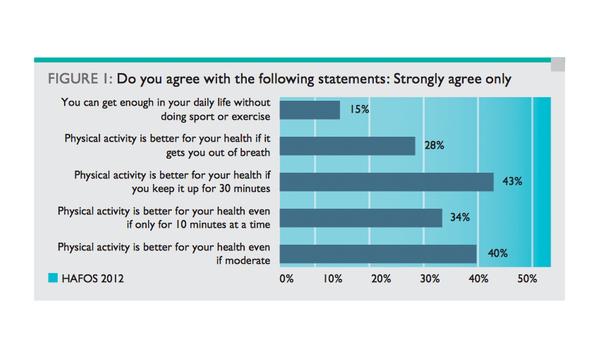
Figure 2: Would you like to do more physical activity/exercise? 52% Yes
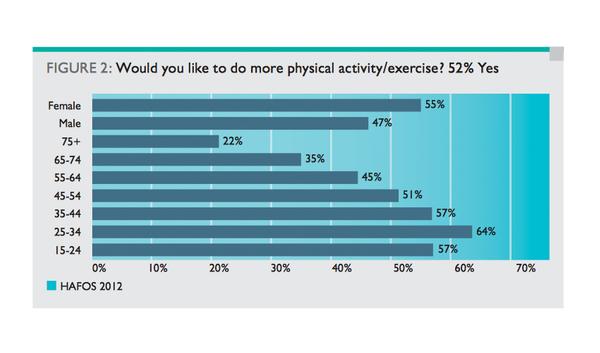
Figure 3: Why would you like to undertake more activity/exercise? (Choose one main reason)
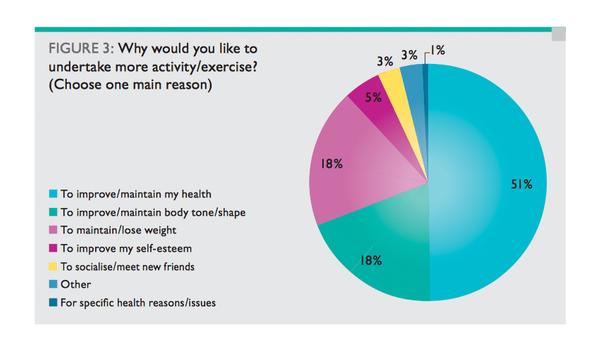
Figure 4: What’s stopping you from doing more?
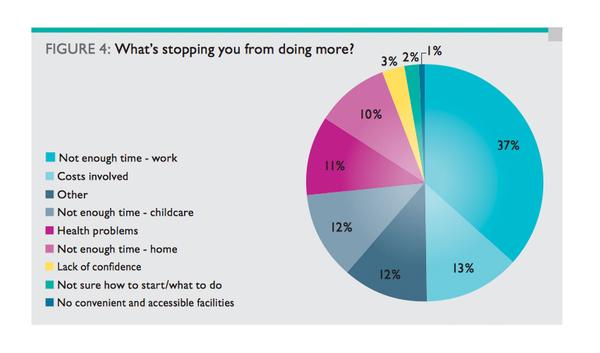
Figure 5: To what extent would the following encourage you to use these leisure centres/facilities? (strongly encourage/encourage)
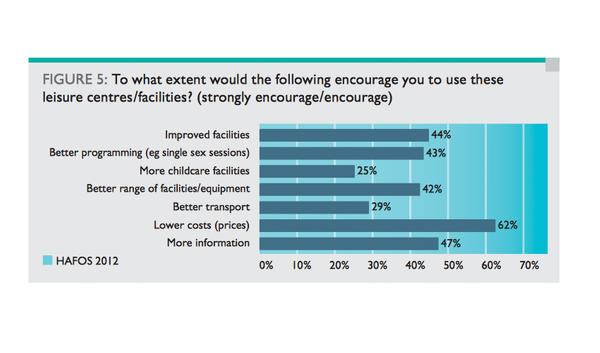
For further information
Mike Hill is managing director of customer insight specialist Leisure-net Solutions, which conducts the annual HAFOS survey. To find out more, to purchase a full report or to find out about other research undertaken by Leisure-net, contact [email protected] or call +44 (0)1603 814233
